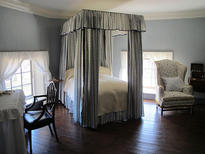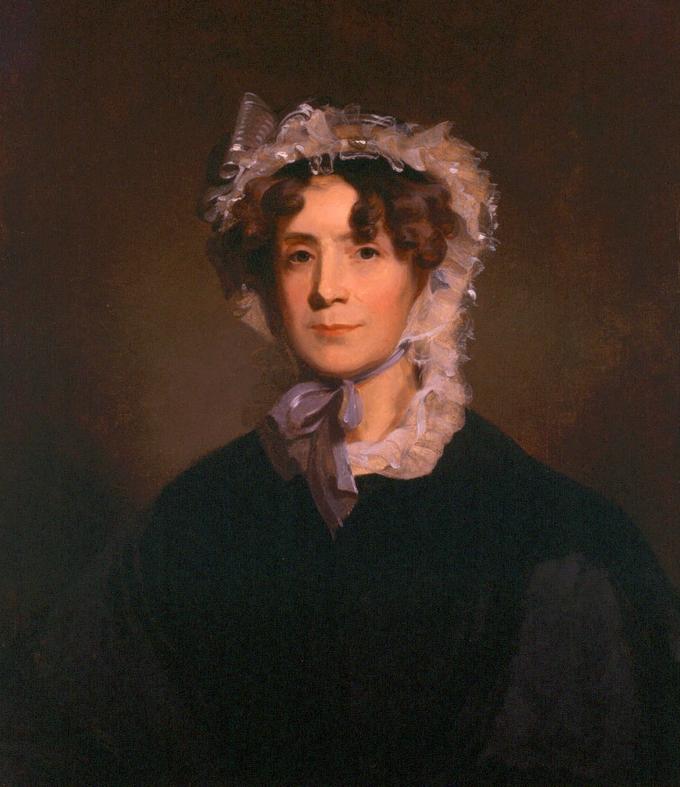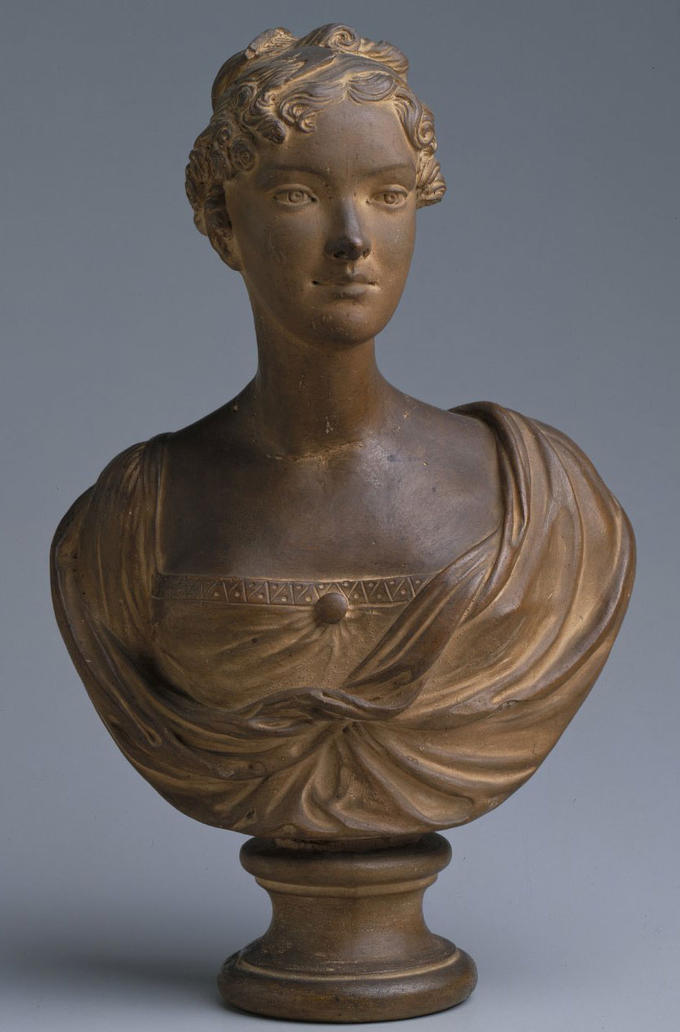Women and the House
Monticello is most famously known as Thomas Jefferson’s house. However, many people occupied its rooms, including Jefferson’s daughters, grandchildren and the enslaved.
In contrast to Jefferson’s sanctum sanctorum, the second story was a crowded, busy, and feminine space, occupied by women from the crib to old age. The installation and interpretation of the upstairs, guided by the voices of its female residents, showcases new research and insights.
Only two people had private bedrooms - Jefferson’s daughter and widowed sister. Anna Scott Jefferson Marks lived at Monticello for nearly 17 years. As a widow, she may have used her room as a studio apartment, passing much of her time there, sometimes taking meals alone.
Private bedrooms were not always private, even for Martha Jefferson Randolph. In 1825, Mary and Cornelia moved into the south octagon room formerly occupied by their mother, who had to forfeit her personal space.
They craved quiet places for letter writing, reading, drawing, and studying and occupied the Cuddy, the Nursery, even the tops of furniture to read and write letters. Cornelia described perching on top of a high chest in the cellar, surrounded by the hustle and bustle of Monticello, grabbing a few minutes to write her sister.
Enslaved female domestic workers spent considerable time upstairs. Chambermaids made the beds, tended personal belongings and clothing, cleaned and tidied. Priscilla Hemings minded the Randolph grandchildren in the Nursery and slept in Aunt Marks’ room during the elderly woman’s long decline.
Today, traces left by the women of Monticello offer an opportunity to tell their stories in the upstairs rooms and hallways.
The Mountaintop Project is made possible by a transformational contribution from David M. Rubenstein. Leading support was provided by Fritz and Claudine Kundrun, along with generous gifts and grants from the Sarah and Ross Perot, Jr. Foundation, the Robert H. Smith Family Foundation, Mr. and Mrs. John H. Birdsall, Mr. and Mrs. B. Grady Durham, the Mars Family, the Richard S. Reynolds Foundation, the National Endowment for the Humanities, Charlotte Moss and Barry Friedberg, the Joseph and Robert Cornell Memorial Foundation, the Mary Morton Parsons Foundation, the Cabell Foundation, the Garden Club of Virginia, and additional individuals, organizations, and foundations.






